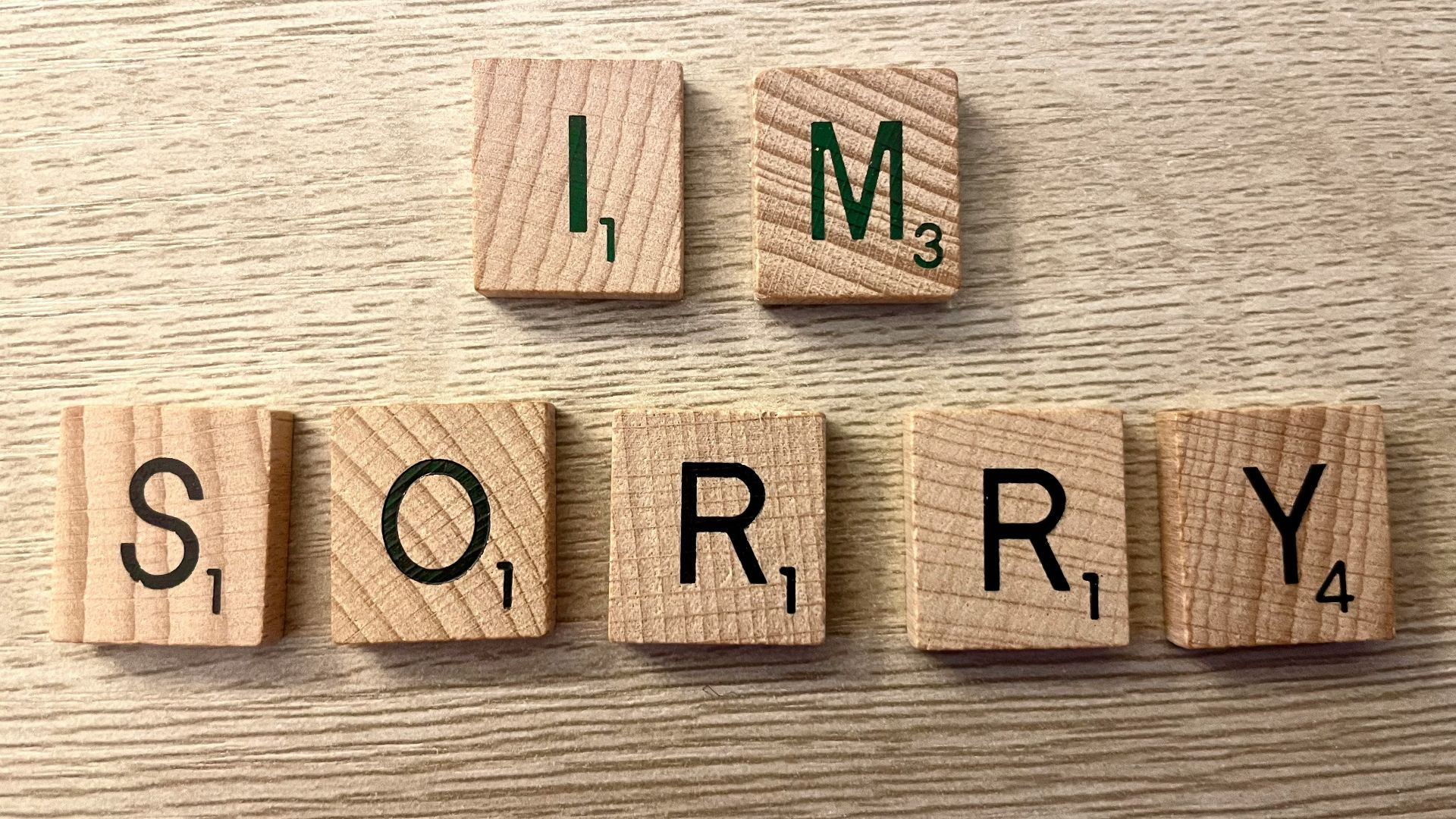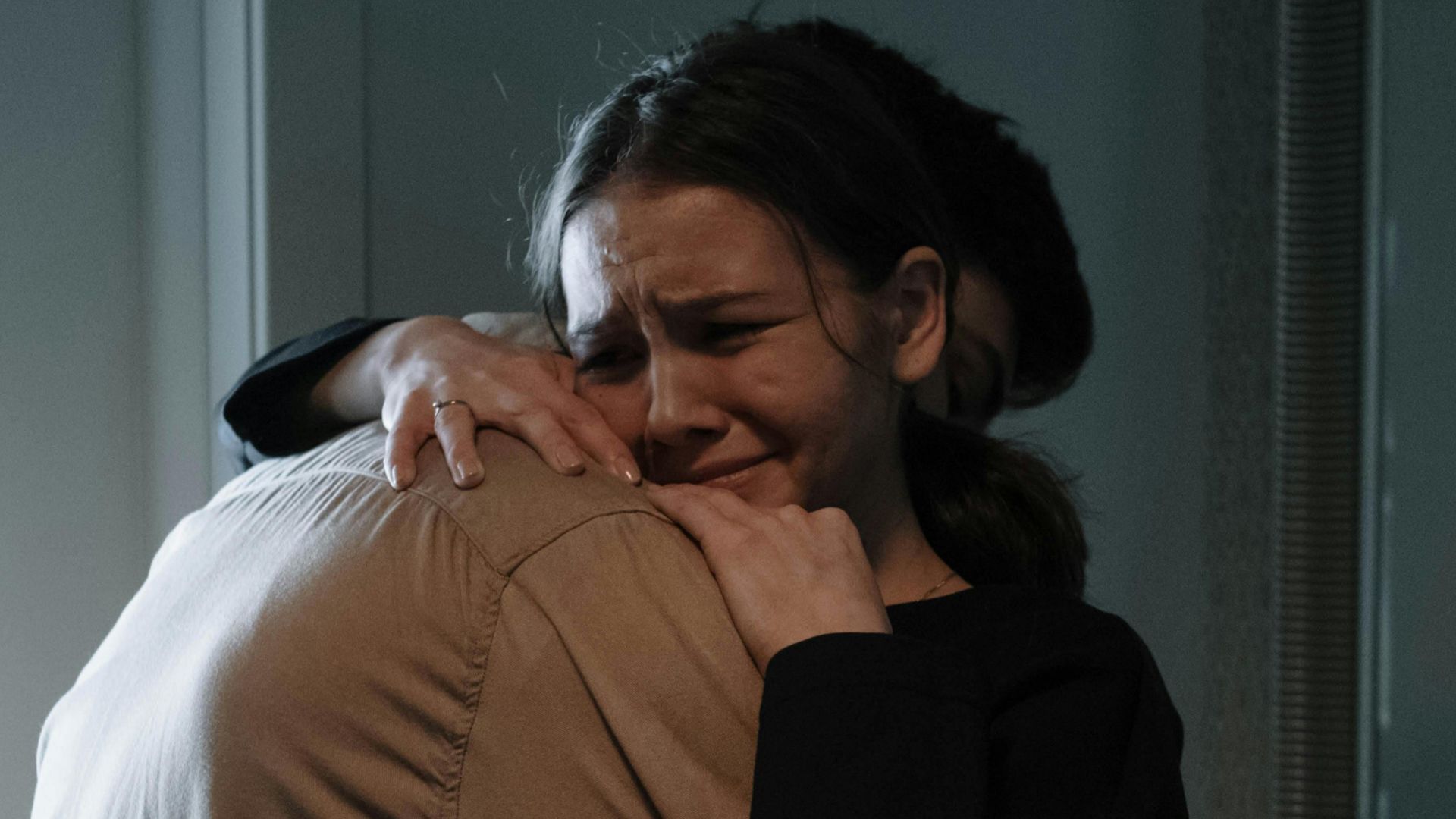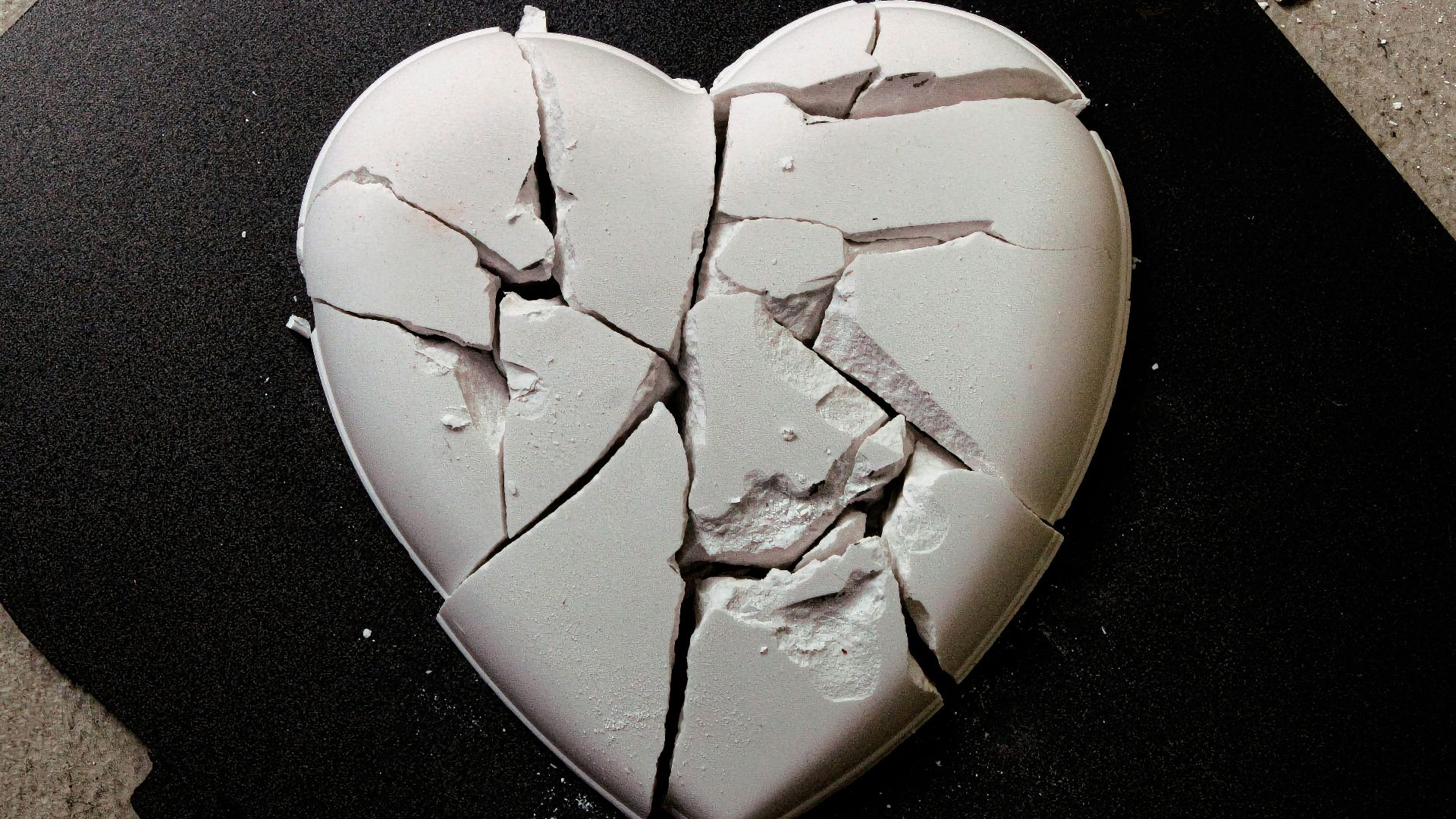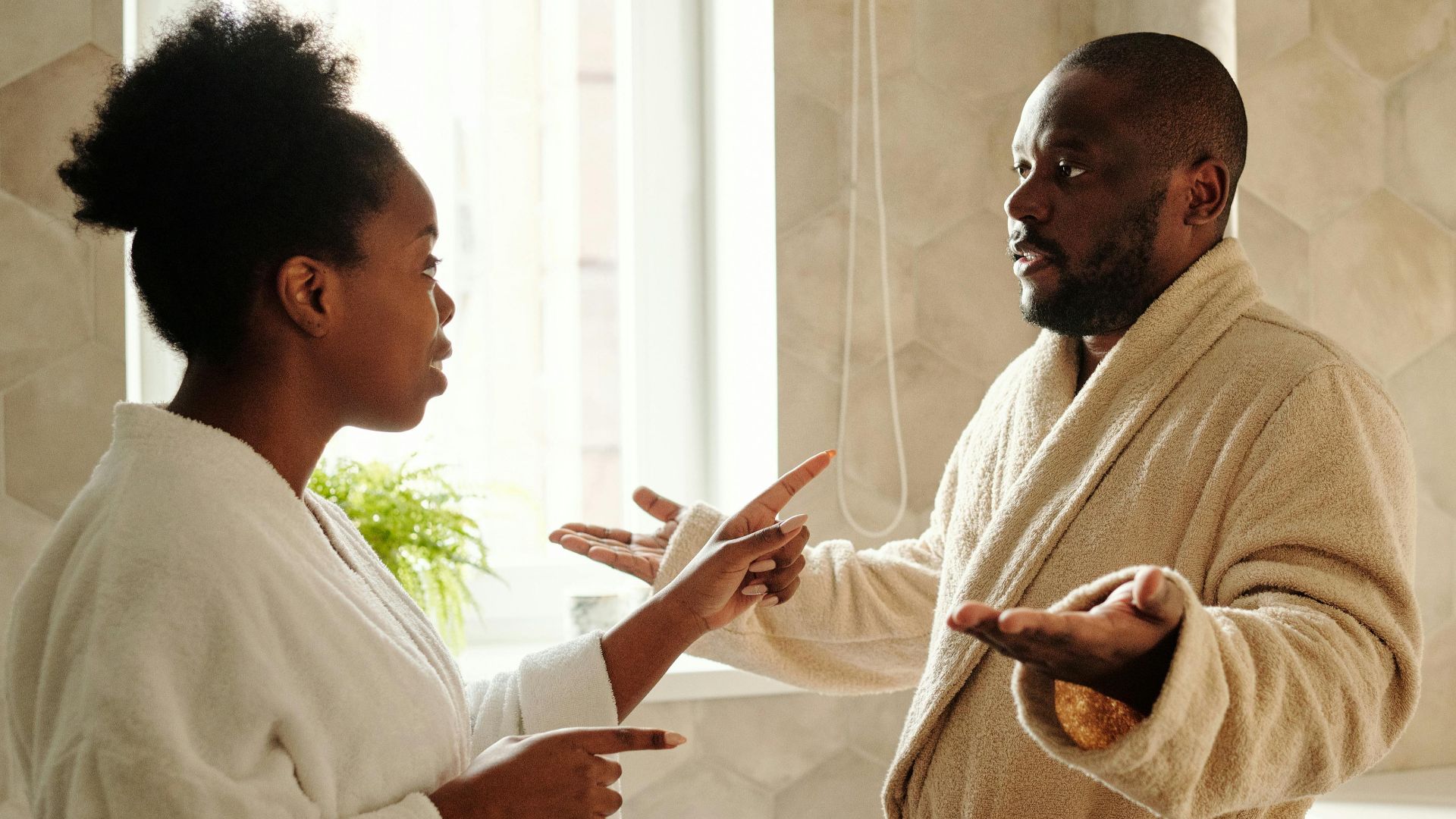To Keep Going Or Call It Quits?
Not everything is built to last, even the strongest of relationships. All relationships have their ups and downs, whether they're romantic, platonic, or familial. While some can be repaired if both parties put in the work, it's also important to know when to let go.
1. Be Honest
Honesty is the best policy, especially in relationships. Be honest about your struggles, be honest when things aren't what you expected. Honest and open communication can right a relationship that's gotten off course.
2. Take Accountability
No relationships will be entirely devoid of mistakes or conflict. It's important not only to apologize for making mistakes but to take accountability for your actions. A promise is only meaningful if you follow through on it.
3. Don't Dwell On Mistakes
Like we said, mistakes are inevitable, but dwelling on them can weigh a relationship down. If someone really cares about you, they won't hold previous mistakes against you. Instead of being stuck in the past, focus on a future that you can build together.
4. Be Empathetic
Empathy is all about putting yourself in someone else's shoes and understanding a situation from their perspective. Something that was barely a blip on your radar could have deeply hurt the other person. Empathy is the first step to understanding.
 Transly Translation Agency on Unsplash
Transly Translation Agency on Unsplash
5. Practice Active Listening
Active listening means devoting your full attention to the person speaking, rather than coming up with rebuttals or talking points in your head. Active listening can foster deeper empathy, emotional intelligence, and understanding. Active listening practices include refraining from judgement and asking open-ended questions.
6. Go One Day At A Time
Healing isn't instantaneous. Even a papercut or bruise will take time to heal. Don't worry about where your relationship will be a year or two in the future; focus on where you can take it in the next week.
7. Focus On Solutions
So the other person has communicated a problem: the next step is to work on solving that problem. Don't focus on what went wrong; focus on how you can make it right. Problem-solving should never be the burden of one person; a good relationship is a partnership in every sense of the world.
8. Rebuild Trust
Once broken, trust is a difficult thing to win back. Trust won't rebuild itself overnight, so it's important to let it bloom gradually. Start small by showing yourself to be someone trustworthy,
9. Set Healthy Boundaries
Boundaries aren't necessarily walls, but sometimes a short fence can be helpful. Boundaries keep both parties safe and secure in the relationship. Maybe those walls will come down over time, but maybe they won't, and that's also okay.
10. See A Therapist
Sometimes you need an external point of view to truly understand the problems in your relationships. While romantic and familial relationships may benefit from mutual counseling, it can be a bit much for friendships. In that case, discussing some of your issues with a licensed professional can teach you healthy habits and communication.
Now that we've discussed some ways to heal rocky relationships, here are some signs that it may be time to call it quits.
1. Lack Of Trust
Strong relationships are built on trust, but that trust can erode over time. Habitually breaking trust can lead to a cycle of betrayal. If you find your trust being repeatedly broken or taken advantage of, it may be a sign to let go.
2. You Don't Feel Safe
Not feeling safe is the number one reason for leaving relationships. We don't just mean physical safety either. Abuse can take many different forms include verbal, emotional, and sexual.
3. Unresolved Conflicts
Do you have the same fight over and over again? Sometimes, you may reach a point where conflict resolution simply isn't working, and you find yourself fighting for the sake of fighting. If it feels like old beef is an extra party in your relationship, it may not be worth it to work through the trouble.
4. Emotional Disconnect
People drift apart, and that's totally okay. Sometimes people drift so far apart that they lose sight of each other entirely. If your relationship feels like you're operating on entirely different wavelengths, chances are you're correct.
5. Needs Are Dismissed Or Ignored
Relationships should be supportive, especially when you're being honest and vulnerable. Your needs and feelings may be dismissed as unimportant, met with contempt, or ignored entirely. This can lead to serious breaches of boundaries and trust.
6. Indifference
A common line of thinking used in criticism is that something being boring is a far greater sin than being bad. This can apply in relationships as well. A dull relationship can be just as detrimental as a destructive one.
7. Constant Fighting
Everyone knows that couple who bicker so much it might as well be their love language. While friendly, low-stakes arguments can be a sign of vulnerability in relationships (and can keep you talking), constant battles aren't worth it. Hits below the belt should not be tolerated.
8. Lack Of Support
Vulnerability is necessary in relationships. A broken relationship may mean a lack of emotional support when you're experiencing a rough patch. A lack of support can also mean isolating you from the outside world and other support systems.
 Odonata Wellnesscenter on Pexels
Odonata Wellnesscenter on Pexels
9. No Sense Of Self
There's being like-minded, and then there's being so similar to another person that you've left your original self behind. Even in the closest of relationships, you should always maintain a sense of self. If you feel like your entire identity and self-worth are tied up in another person, it may be time to evaluate whether or not the relationship is worth staying in.
10. Emotional Drain
Is the person fun to be around? Do you enjoy spending time with them? Or do you dread it? These questions can be essential in understanding whether or not you should walk away. A relationship should fill you up rather than leaving you drained.


























